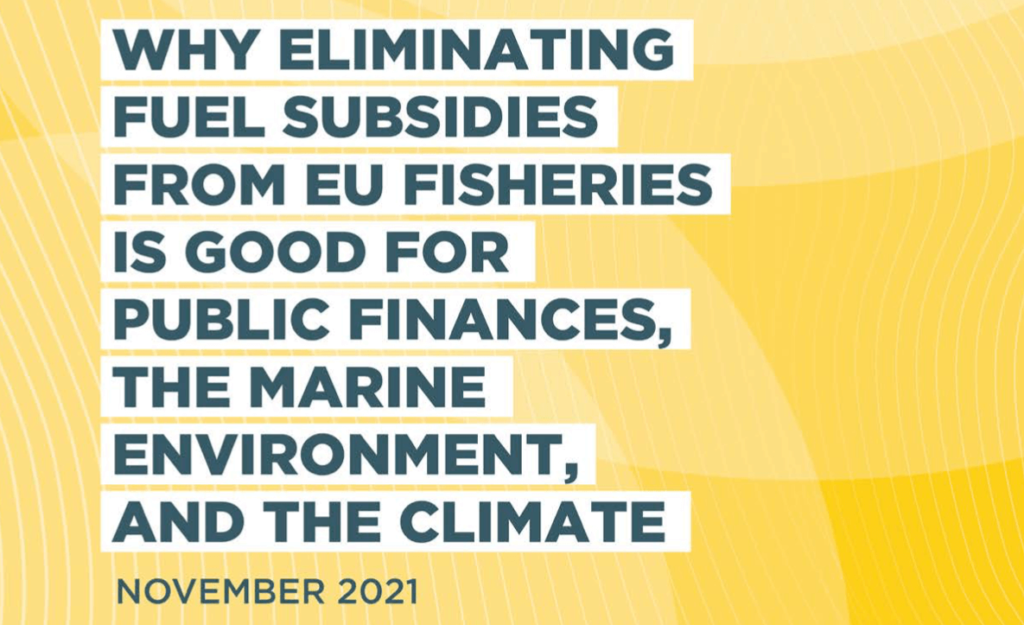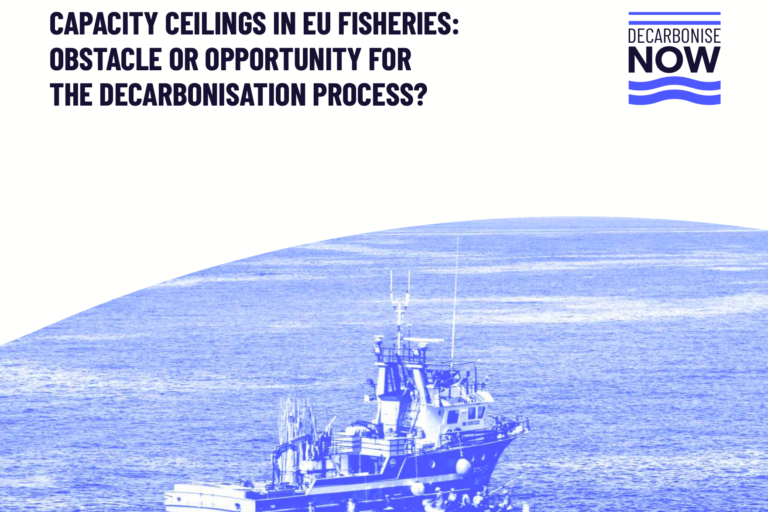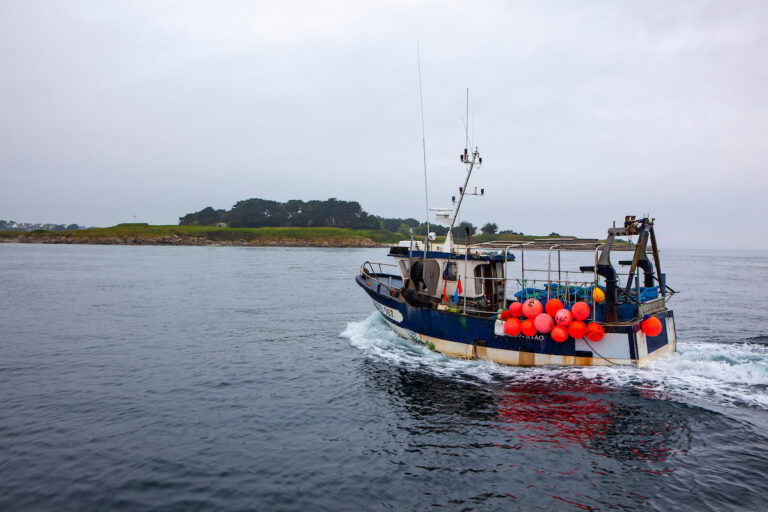This report examines the wide-reaching reasons – which are overwhelmingly supported by science – to remove EU fuel subsidies. It is estimated that more than €1 billion of government revenue is foregone due to fuel tax concessions. This public money could be repurposed for better use. Fuel subsidies are a very inefficient means of supporting incomes, redirecting support – particularly if it supports the rebuilding of fish stocks – would result in improved socio-economic conditions for all fishers.
Fisheries subsidies are a major concern for the conservation and management of marine ecosystems and fisheries. Certain types of fisheries subsidies have been shown to distort markets, contribute to unfair trade practices, hinder international cooperation, increase CO2 emissions, and drive illegal and unsustainable fishing. Indeed, there is broad scientific consensus that international rules on the provision of fisheries subsidies are necessary to help safeguard our environment and to achieve sustainable fisheries.
In 2001, the World Trade Organization (WTO) began negotiations to “strengthen disciplines” on fisheries subsidies. In 2015, the United Nations’ Sustainable Development Goals called for a prohibition on fisheries subsidies that contribute to overcapacity, overfishing, and illegal, unregulated and unreported (IUU) fishing. And in 2019, the European Green Deal targeted a “transition to a modern, resource-efficient and competitive economy with no net emissions of greenhouse gases by 2050”, thus, requiring effective carbon pricing and the removal of fossil fuel subsidies.
Download the report (pdf): Why Eliminating Fuel Subsidies from EU Fisheries is Good for Public Finances, the Marine Environment, and the Climate




